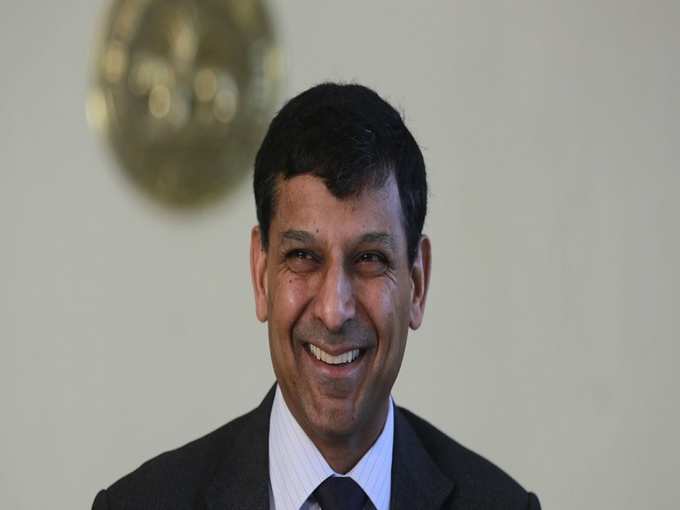
"You can't bulldoze your way in some of these situations and therefore you have to be a little more clever... You have to understand where altering a policy from Economics 101 will make very little difference, but be politically more acceptable," he said.
Rajan was addressing students at Cambridge University last evening, at the two-day Marshall Lecture series 2015-16, where he said that as such, policy formulation in an emerging market like India is a reasonably basic economics task that he does.
Also read: By ‘crying wolf’ Indian Banks have only harmed their own credibility, says Raghuram Rajan
"A lot of policy formulation is Economics 101. Just like in industrial countries, there is a lot of stuff, which does not require deep insights of economics. To my mind, deeper insights come when you are trying to make it politically feasible," said Rajan.
When asked how easy it is to formulate economic policies in India, he joked and said, "Formulation is very easy. I think it is harder to implement the policy."
However, on a serious note, he added that, "The joy of trying to formulate policy in a developing country is that there are many more places where good policy can have significant effects. In that sense, there are lots of low hanging fruits and often no real impediment to plucking them.
"You have to be a little intelligent about what fruits are easy to pick and what are not so easy to pick. And if they are not so easy, what kind of strategies to pick."
Image source
